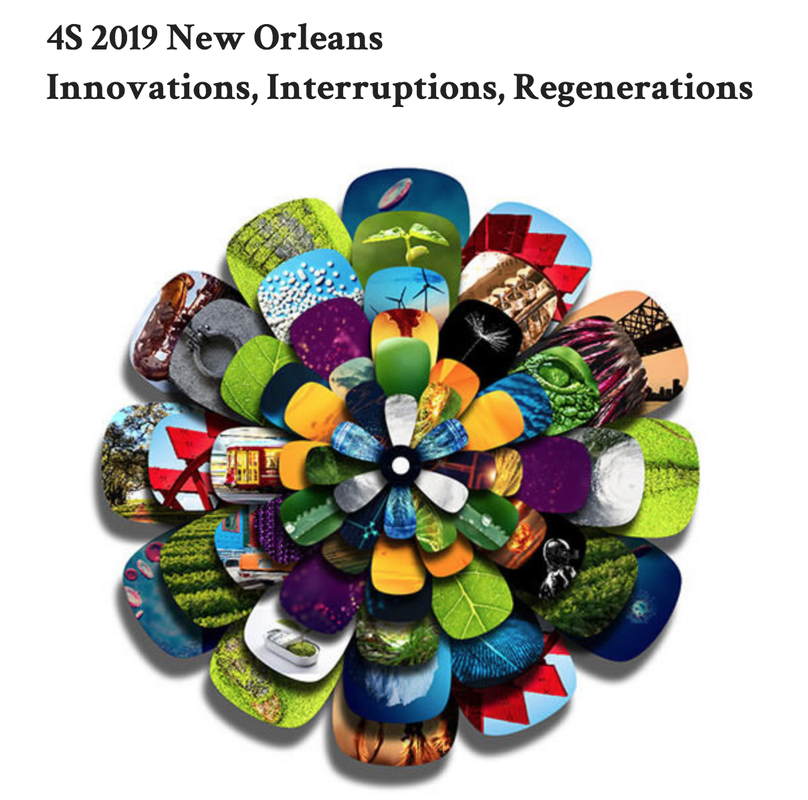Panel Description: Feminist STS and medical anthropology scholars of the past three decades have offered innovative theorizations of the entanglements between capitalism and reproductive and regenerative technologies. These technologies--from surrogacy to embryo “adoption,” gamete vending to cord blood banking, placenta exchanges to uterine transplants, and gene testing to gene editing--have much to tell us about how contemporary bioeconomies work. Scholars in this tradition have contributed to the proliferation of “bio-concepts” that draw critical attention to the political economies involved in shaping clinical, institutional, social, geopolitical, and cultural practices of assisted reproduction and social life more broadly. Taking the capitalizing practices that steer the global fertility sector as an object of inquiry, this panel uses, critiques, expands, and contextualizes this range of bio-concepts within the context of reproductive technologies. Drawing upon research from across the globe, this double panel addresses core themes: how centering economic analyses in scholarship on reproductive technologies and bio-exchanges interrupt and generate new understandings of late capitalism; which methods and disciplinary perspectives help to foreground configurations of value and power; and what opportunities exist for amplifying political economy analyses in STS scholarship. Together, these papers provide a critical take on what political economy contributes to long-standing feminist STS concerns with the imbrications of capital, reproduction, and technology.
Here's a preview of the paper I will be delivering that examines the Christian logics that propel reproductive remainders around the globe: Paper Title: Sacred Assets: Christian Logics of Reproductive Remainder Economies Paper Abstract: Frozen human embryos leftover from in vitro fertilization (IVF) procedures have become a favorite example among science and technology studies scholars and medical anthropologists theorizing what happens at the junctures of capitalism, reproductive medicine, and biotechnologies. A range of “bio-concepts” have flourished in recent years to explain the role of capitalist logics in circulating and valuing entities like embryos within global markets. Despite some observations of Christian discourses within contemporary bioeconomies (e.g. rhetoric of salvation), few scholars in this tradition have addressed Christianity as a constitutive ingredient shaping the U.S. tissue trade. Drawing on ethnographic research (2008-2018) in the United States within programs that manage frozen embryos, including a premier biobank for human embryonic stem cell research and the world’s first “embryo adoption” program establish ed by evangelical Christians, this paper offers a reconsideration of feminist scholarship on bioeconomies by putting Christian logics at the center of analysis. Determining where embryos belong categorically and practically has inspired new forms of expertise, discourses, and practices through which these opposing groups came to share deep commitments to regeneration—a revaluing process of severing embryos from their past relations and redirecting their potentialities toward new futures. By examining the secularized and explicit Christian logics that subtend both practices, this paper contributes to a growing body of literature about the challenges of valuing potential—an increasingly common phenomenon within societies shaped by speculative forms of capitalism and Christianity.
0 Comments
Your comment will be posted after it is approved.
Leave a Reply. |
Archives
November 2023
Categories |

 RSS Feed
RSS Feed